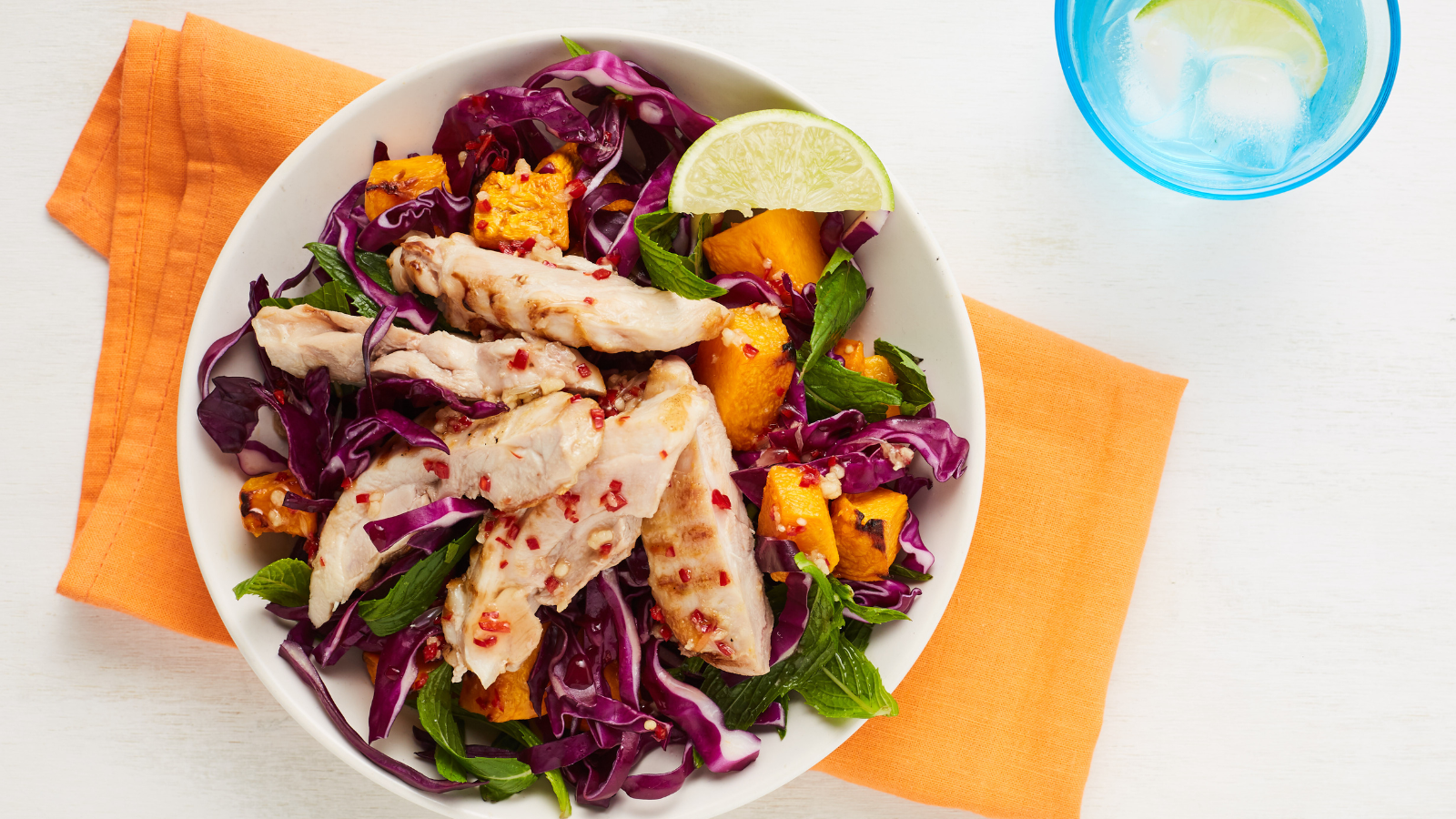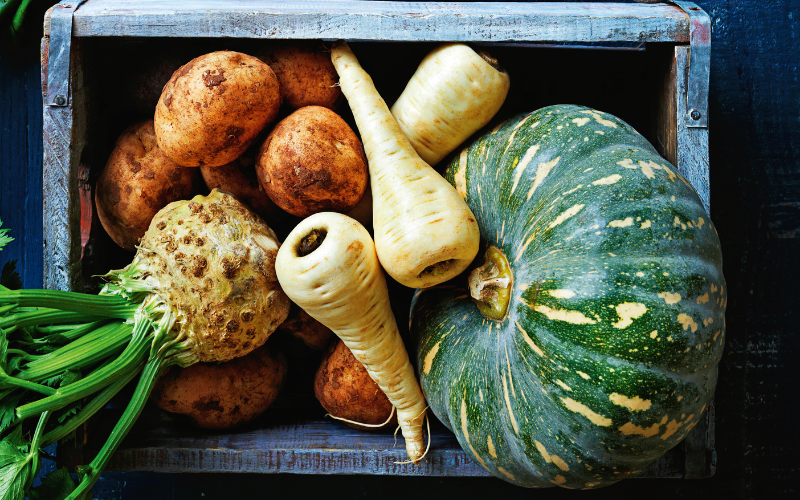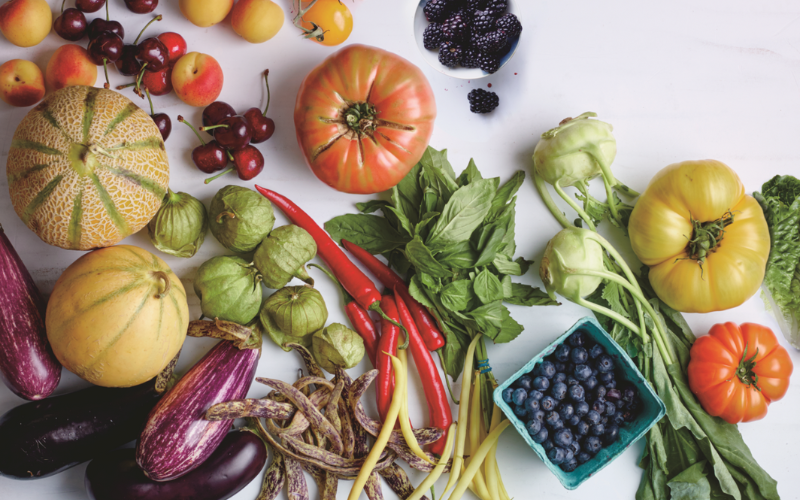Diet comparison: Paleo, raw, vegan, fasting and gluten-free


In the ever-evolving world of diets and healthy eating plans, it can be challenging to sift through the hype and make informed choices. From the caveman-inspired Paleo diet to the plant-pure vegan lifestyle, and from intermittent fasting to gluten-free regimes, each diet comes with its own set of promises and pitfalls. Understanding the pros and cons of these popular diets is crucial before making any drastic changes to your eating habits. Here we aim to provide a clear comparison of some of the most talked-about diets, helping you navigate through the complex landscape of modern nutrition.
What is the Paleo diet?
The Paleo diet continues to generate significant interest and debate as one of the most popular diet trends. The idea of this diet is to eat as close to the pattern of our Palaeolithic ancestors as possible. The theory is that humans are genetically suited to this hunter-gatherer meal plan and lifestyle, which involves eating primarily vegetables, fruit, nuts, insects, roots, game or wild, and grass-fed meat. Dairy foods, grains and legumes are strictly off the menu.
Pros and cons of going Paleo
The Paleo diet emphasises unprocessed foods close to the natural source, which is always a good way to eat. There’s also a focus on cultured and fermented vegetables, like kimchi and sauerkraut, which are being studied for their role in helping to maintain a healthy gut microbiome.
While clinical human trials are in progress, the current body of evidence to support Paleo is lacking. Excluding whole food groups and following complex rules around the source of food could lead to dietary deficiencies in vital nutrients such as calcium. Paleo enthusiasts claim bone broth soups are rich in calcium and should be a big part of the diet, but some followers appear to dabble in this diet rather than commit to it as they don’t have hours to spend in the kitchen each week. Published research indicates large dropout rates in some studies as people had trouble making the significant changes. It’s almost impossible in the modern world to find appropriate food to match the Paleo way of eating. Our food supply has changed and a steak from modern grass-fed beef cattle doesn’t produce the same nutrition profile when compared to wild buffalo or bison. Others argue that there was never one specific Paleo diet back in the day anyway due to wide regional differences and that it’s naive to believe that humans didn’t evolve and adapt during this period.
Exploring the vegan lifestyle

There has been a growing trend towards veganism in the last decade or so for health, environmental and animal welfare reasons. The vegan diet is the strictest sub-set of the vegetarian diet, and followers eat only plant-based foods. As well as no meat, fish or eggs, it also means no animal by-products, such as gelatin, a common thickener, or rennet used in cheese making.
Benefits and challenges of veganism
Research indicates that following a vegetarian diet may reduce the risk of chronic illnesses such as heart disease, some cancers and type 2 diabetes. It may even result in a longer life.
Although a vegan diet can meet current recommendations for all nutrients, it requires detailed meal planning and a good knowledge of food and health to ensure levels of vitamin B12, iron, zinc, calcium and omega-3s are being met. For example, a vegan lifestyle should include plenty of walnuts, flaxseeds and chia seeds in order to reach the recommended level of omegas-3s. However, it’s important to note that plant-based omegas-3s are not as potent as marine sources. As for vitamin B12, it’s found almost exclusively in animal foods, with only small amounts found in mushrooms. So vegans need to eat vitamin B12-fortified foods such as soy beverages or take a B12 supplement. During pregnancy, breastfeeding and childhood, vegans will likely require vitamin and mineral supplements as well as close monitoring by health professionals.
The raw food diet: What you need to know

This type of diet is based on the principle that food in its raw, natural or uncooked state has higher levels of nutrients and enzymes and lower levels of chemicals. People following raw food diets don’t eat anything heated above 40 degrees Celsius. Popular inclusions are sprouted grains, cold-pressed oils, raw meat such as carpaccio, fish (sashimi) and raw zucchini spiral ‘pasta’.
Pros and cons of following a raw diet
With an emphasis on plant-based foods including salads, and vegetables with a high water content, this eating plan provides a high volume of low-kilojoule food, which may assist weight loss. It also avoids potentially harmful compounds that occur when meat is barbecued or charred.
There are some pseudo-scientific claims made by raw foodists that don’t match modern science. On top of that, some anthropologists argue that cooking food has allowed humans to evolve by significantly increasing the variety of energy-dense foods we could eat and requiring less time for hunting and gathering. Phytonutrients, such as lycopene in tomatoes, have been shown to be more readily absorbed by the body when cooked with olive oil than compared to when eaten raw.
What is intermittent fasting?
Based on the original book The Fast Diet, this two-days-a-week fasting approach to weight loss is known as intermittent fasting and has been used in clinical research. In simple terms, you eat ‘whatever you want’ for five days of the week. For the remaining two non-consecutive days, described as intermittent fasting, you consume around a quarter of your usual intake, which is around 2,000 kilojoules for women.
Examining the benefits and risks of fasting
Emerging research has suggested that the eating pattern can result in weight loss and also in significant improvements in body composition such as fat distribution and metabolic markers like cholesterol levels, extending healthy ageing.
Weekly weight fluctuations may be due to fluid balance and glycogen changes in muscle, not necessarily fat loss. Fasting days can lead to tiredness, headaches and mood swings and lack of energy to exercise or perform at work. Some people find that the eating days turn into feasting days, and cancel out the kilojoule savings from fasting. Fasting is also not recommended for some medical conditions including type 2 diabetes or anyone with a history of eating disorders.
What is a gluten-free diet?
A gluten-free diet is the strict medical treatment for Coeliac disease and medically diagnosed gluten intolerance. Yet there has been a gluten-free craze with millions of people giving up gluten for its perceived weight-loss advantage. A report on the US gluten-free market values it at close to nine billion dollars, proving that the health halo surrounding the category continues to drive consumer interest.
Examining the benefits and risks of a gluten-free diet
Followers of this diet can find plenty of naturally gluten-free foods such as fresh fruit, vegetables, fresh meat, eggs, nuts, legumes, milk, fats and oils, herbs and spices, plus certain grains and flours including rice, corn, soy, buckwheat, quinoa, maize cornflour, lupin, tapioca, sorghum, amaranth and millet. The popularity of gluten-free diets has seen many new products enter the supermarket, which is especially valuable for people with Coeliac disease.
Although it’s believed people following a gluten-free diet lose weight due to giving up high-carb foods such as bread and pasta, there’s no reliable scientific evidence that weight loss will result in otherwise healthy individuals. Those on a gluten-free diet may have lower intakes of certain vitamins and minerals, such as folate because processed gluten-free foods often aren’t fortified with additional nutrients. The diet may also lead to a reduction in fibre intake, too, due to fewer cereals and wholegrains being consumed.
Detoxing: Myth or reality?
While detoxing is extremely popular and based on principles that sound medical, there’s no sound scientific evidence that supports the idea that your body requires a detox plan to get rid of any so-called toxins. In fact, your liver and kidneys are specifically designed to filter out any nasties passing through your system. Although going for a regular enema or colonic irrigation will rid your bowel of bad toxins it will also deplete you of very good bacteria that are linked to maintaining a healthy weight. Plus going cold turkey and completely cutting out caffeine, for example, can cause restlessness, muscle twitching, heart palpitations, gastric upset and not to mention headaches. There are also concerns around the use – and abuse – of some detox teas that contain licorice root and other ingredients that have a strong laxative effect. However, if your idea of a ‘detox’ week is a clean-eating challenge to eat mostly whole foods, cut out alcohol and wean off caffeine gradually – then go for it! Anything else may do more harm than good.
The bottom line
Navigating the world of popular diets can be overwhelming, but understanding their individual benefits and drawbacks can help you make an informed decision that aligns with your health goals and lifestyle.
